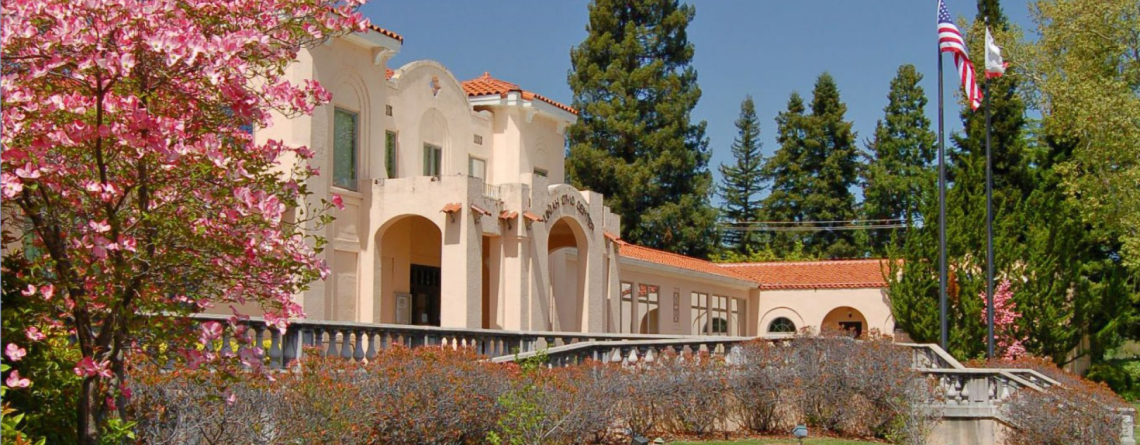Solving the California Housing Shortage in Ukiah
City leaders are currently discussing ways to address the local impacts of our statewide housing shortage. This is a complex problem, so I don’t envy their task. What I can offer is a perspective, one based on more than 40 years in the real estate business.
First, it’s important to gather accurate data. To that end, the City of Ukiah just completed a housing survey. Although the survey was flawed (the way information was collected skewed the results and the questions didn’t differentiate between homeowners and renters very well), some information is better than none.
Shortcomings aside, the City found that 70 percent of respondents—renters and owners—are unsatisfied with available housing. Forty percent said it took more than nine months to find a home they wanted. Most people cited the cost of housing as a primary barrier, while others said the lack of available housing options prevented them from moving into a more satisfactory home.
In the past decade, an average of 80,000 homes a year have been built in California, which is less than half the units needed to keep pace with population growth through 2025, according to a California Department of Housing and Community Development report. Ukiah has a similar problem. Since 2010, only 92 residential building permits have been pulled in the greater Ukiah Valley most of which were for middle to lower income subsidized homes). During that time, to keep up with population growth 420 new housing units should have been built.
Even with housing prices as high as they are, regulations prevent developers from investing here—it isn’t cost effective for them.
I was particularly disappointed to read Phil Baldwin’s ill-informed op-ed on this subject earlier this month. Baldwin clearly doesn’t understand the complexity of the housing market nor the basic laws of economics, but he is fairly good at spreading fear and distrust.
He noted that the Realty World Selzer Realty website listed 48 residential properties for sale and suggested that if there are that many properties for sale, we must not have a housing shortage. Based on the number of prospective buyers my Realtors are working with, there are about 200 active, qualified buyers in the Ukiah Valley. Even if 48 of the buyers were perfectly suited to buy the 48 homes for sale (whether those homes be mobile homes or million-dollar properties), we’d still have about three-quarters of the prospective buyers left with nothing to buy. And if you assume that many renters would also like to buy, the number of prospective buyers skyrockets. There is more demand than supply. This means we have a housing shortage.
Baldwin also rails against community leaders who support the Lover’s Lane development. He assures us that this development will cause urban sprawl and implies that when the free market determines the cost of these new homes, it is somehow evil. By the way, this development is on ag land that isn’t very productive, according to local farmers. By building market-rate housing, we’ll be able to keep the qualified professionals who want to serve our community but cannot find a place to live, the ones we are currently losing to other communities.
By building a new subdivision, we don’t prevent infill development. We have enough of a shortage to build a new subdivision and build on vacant lots throughout the city. As for the idea of creating a mixed-use, commercial/residential zone, we’ll have to see if there’s a market for it here. Baldwin cites the city of Windsor’s town square where people live in condos above retail space. In Ukiah, we didn’t allow that type of zoning for a long time, so now we’d have to rethink things.
The point is this: we have a housing shortage. Baldwin would have us only build subsidized housing for the poor and elderly. Price controls don’t work. Does anyone remember what happened with gas lines in the 1970s? Not pretty. Let’s reduce regulation, invite developers to build more housing at various price points, and go from there.
If you have questions about real estate or property management, please contact me at rselzer@selzerrealty.com or call (707) 462-4000. If you’d like to read previous articles, visit my blog at www.richardselzer.com. Dick Selzer is a real estate broker who has been in the business for more than 40 years.






